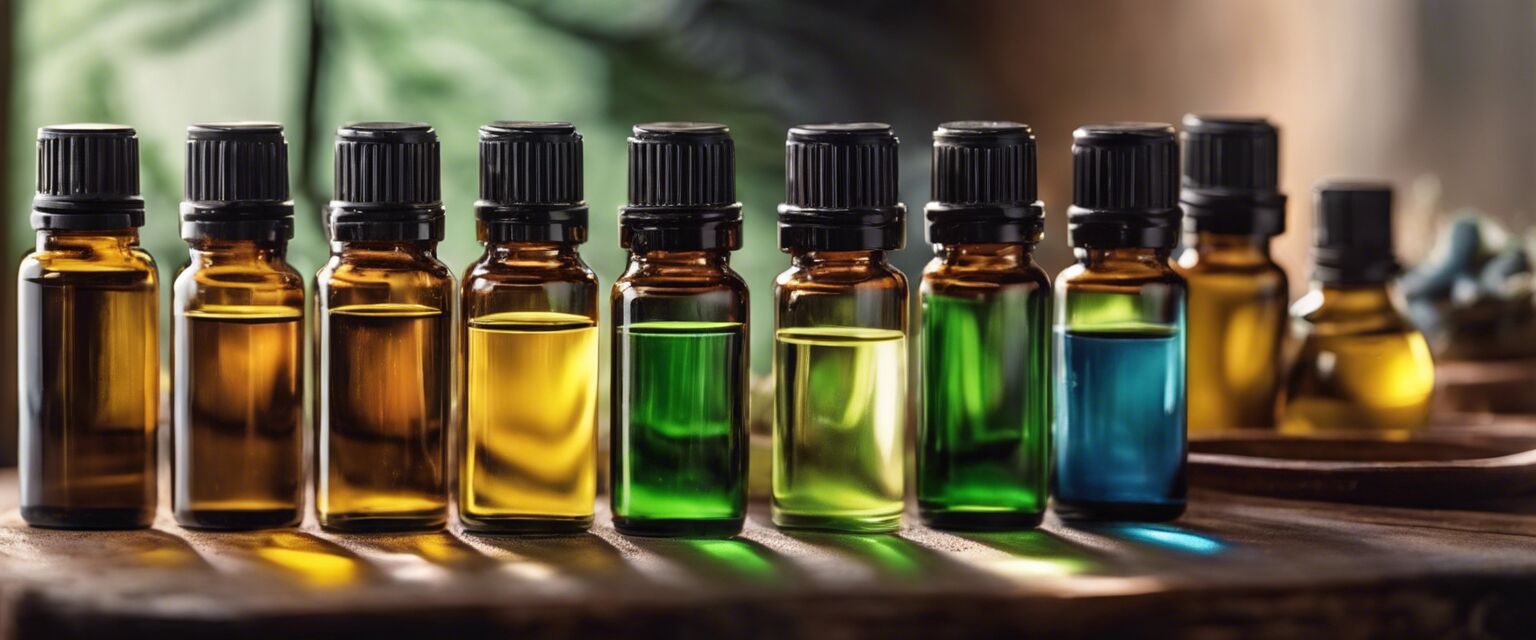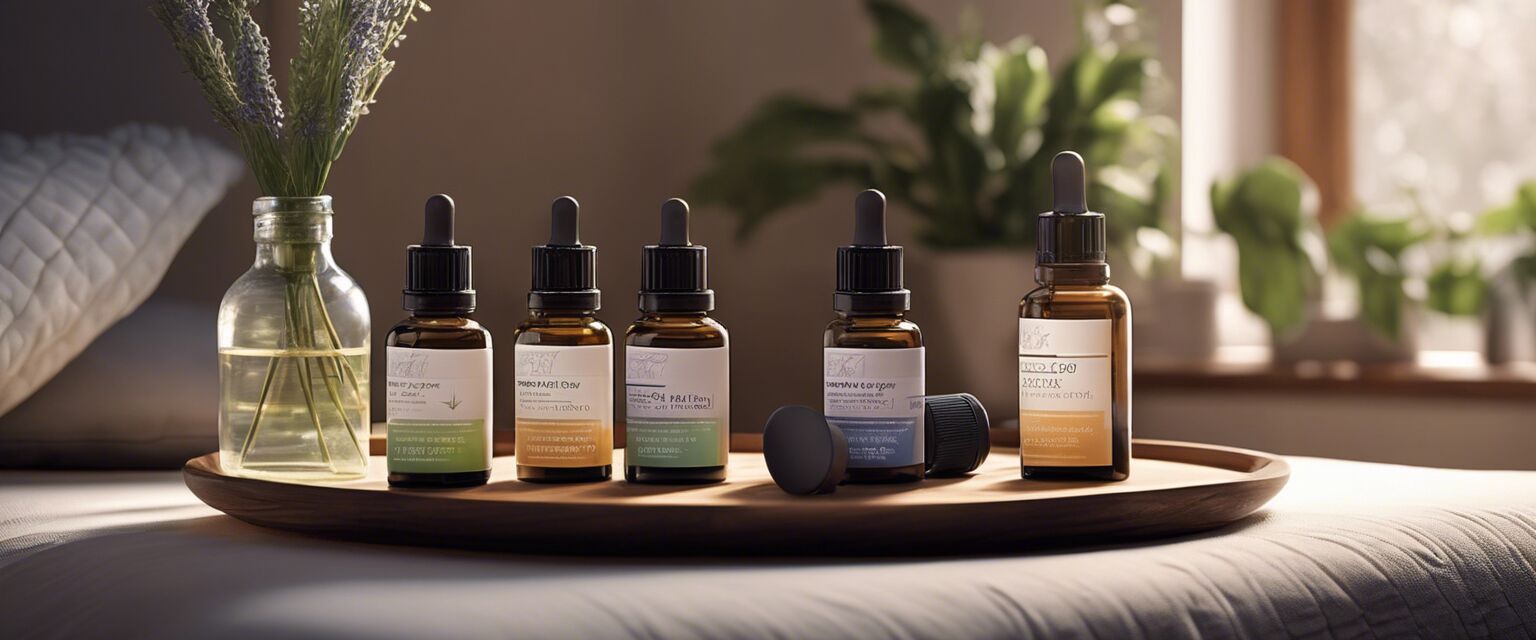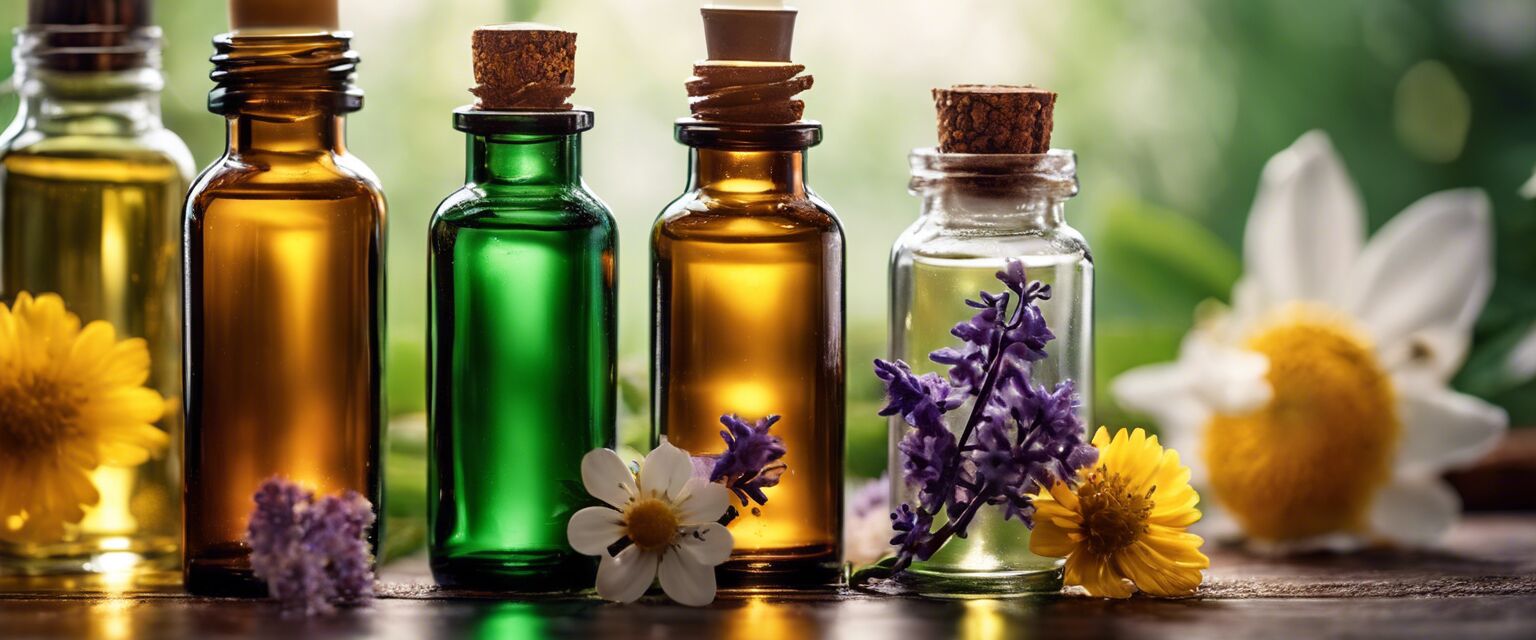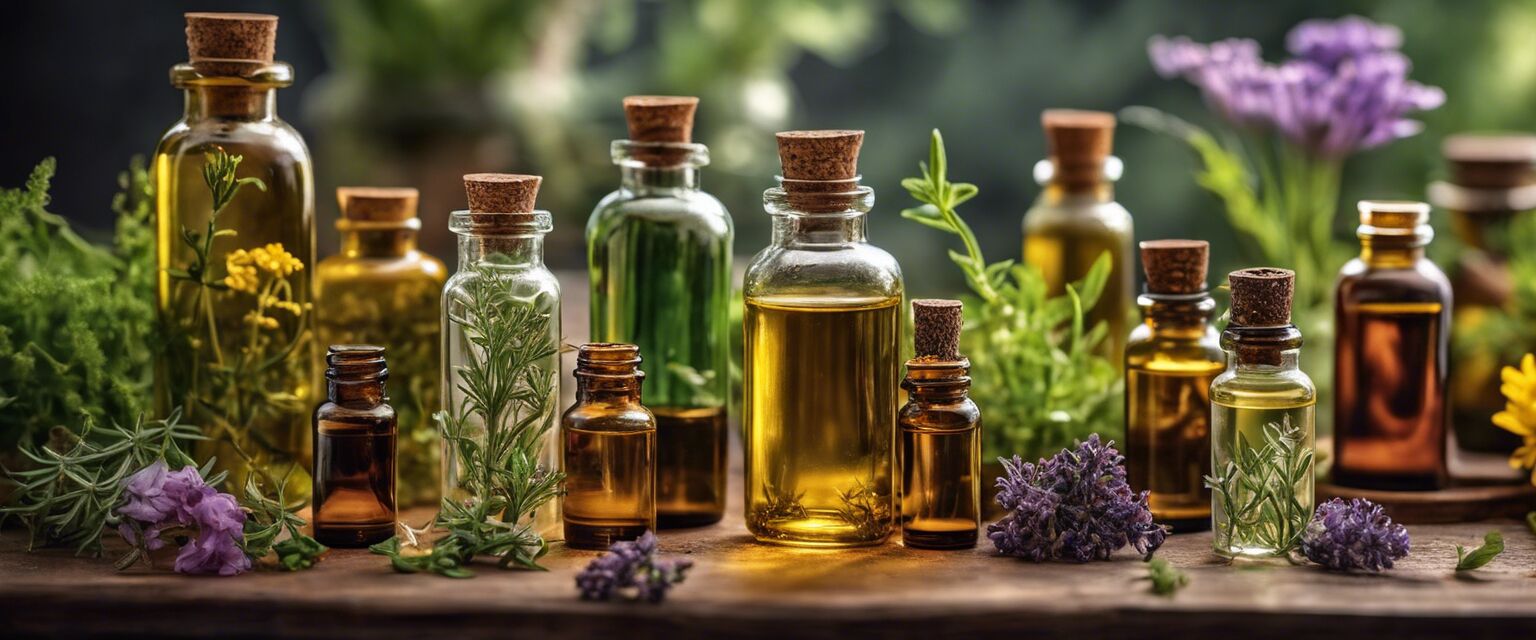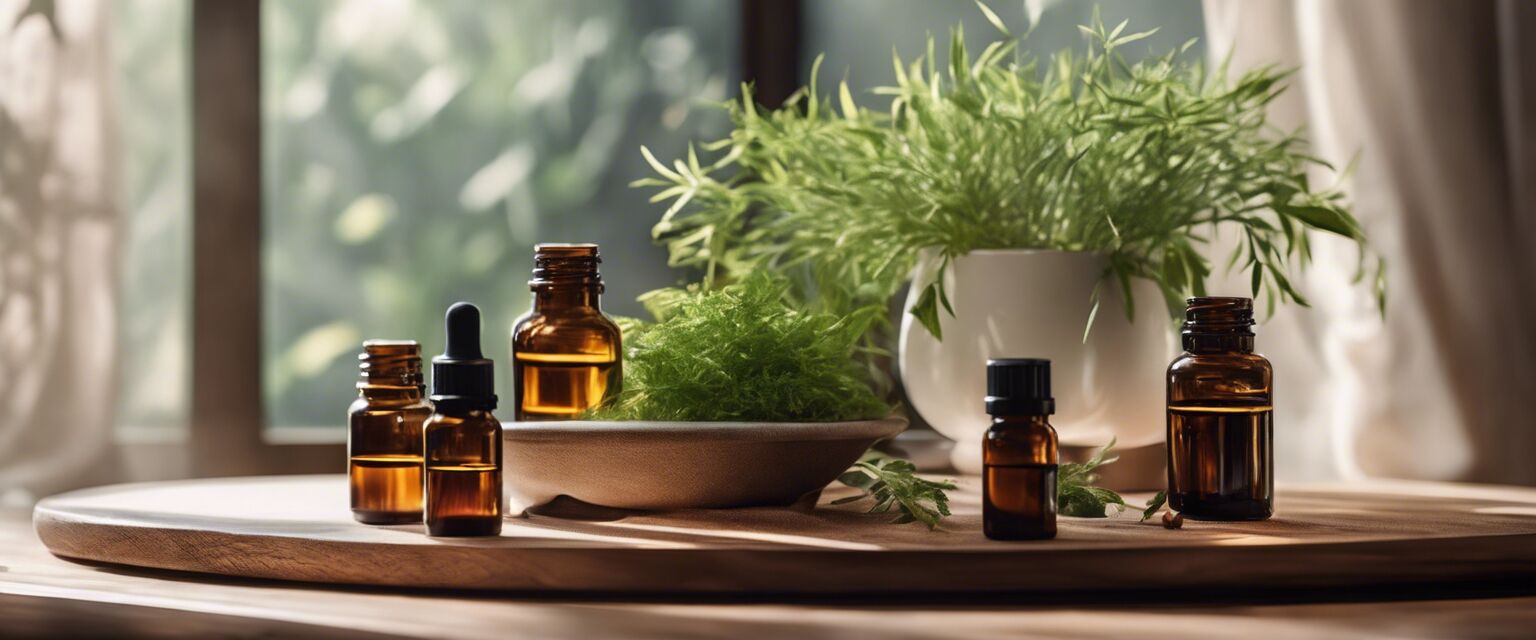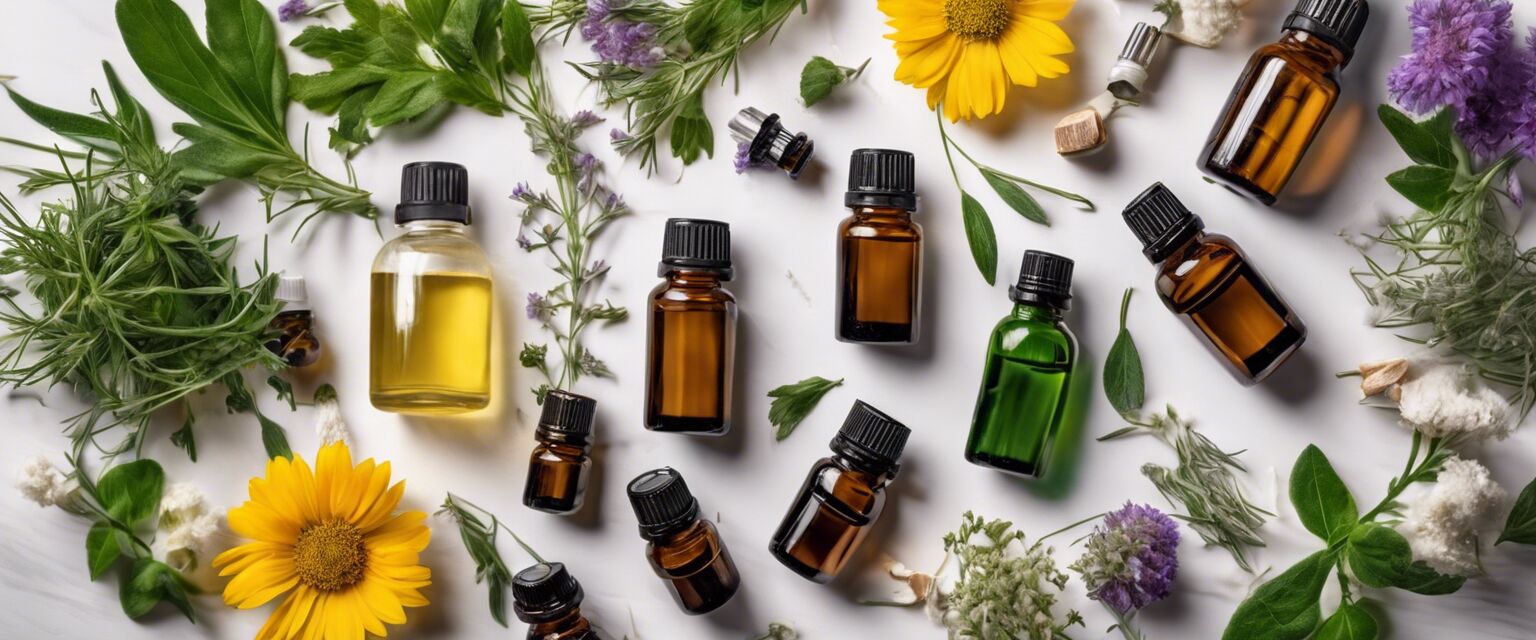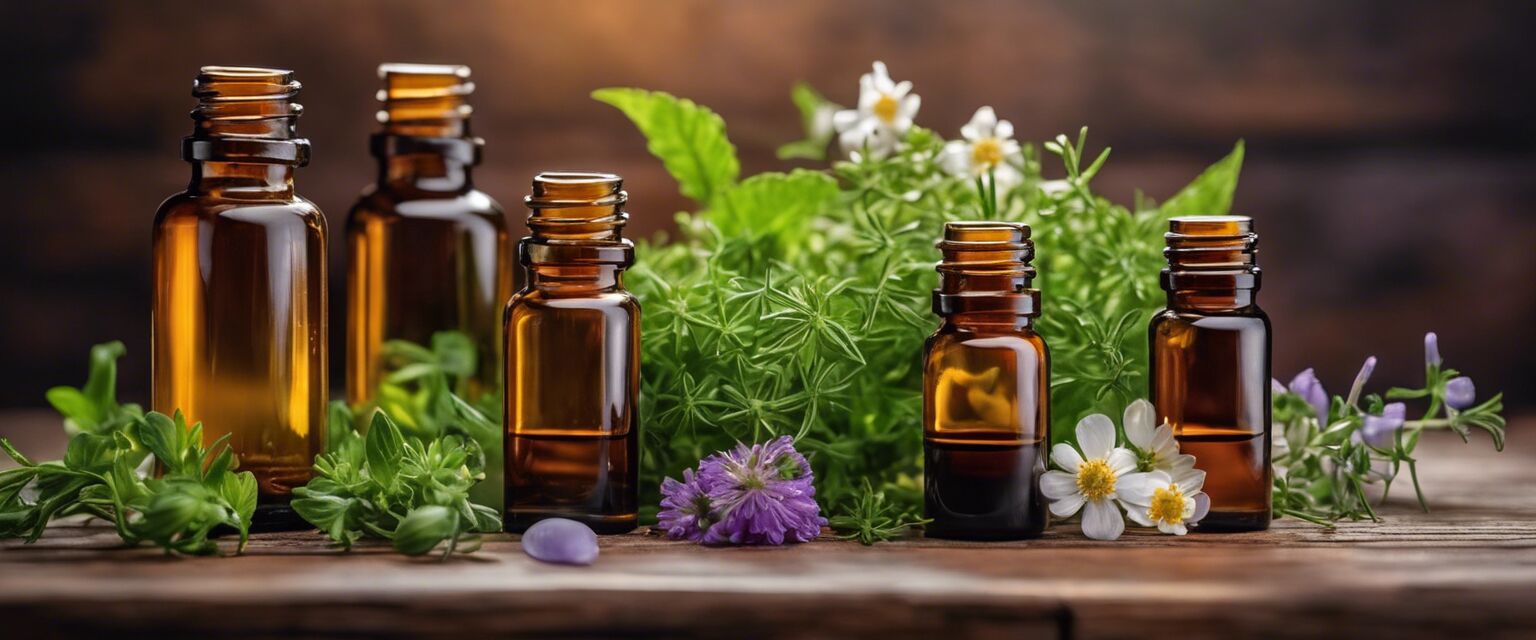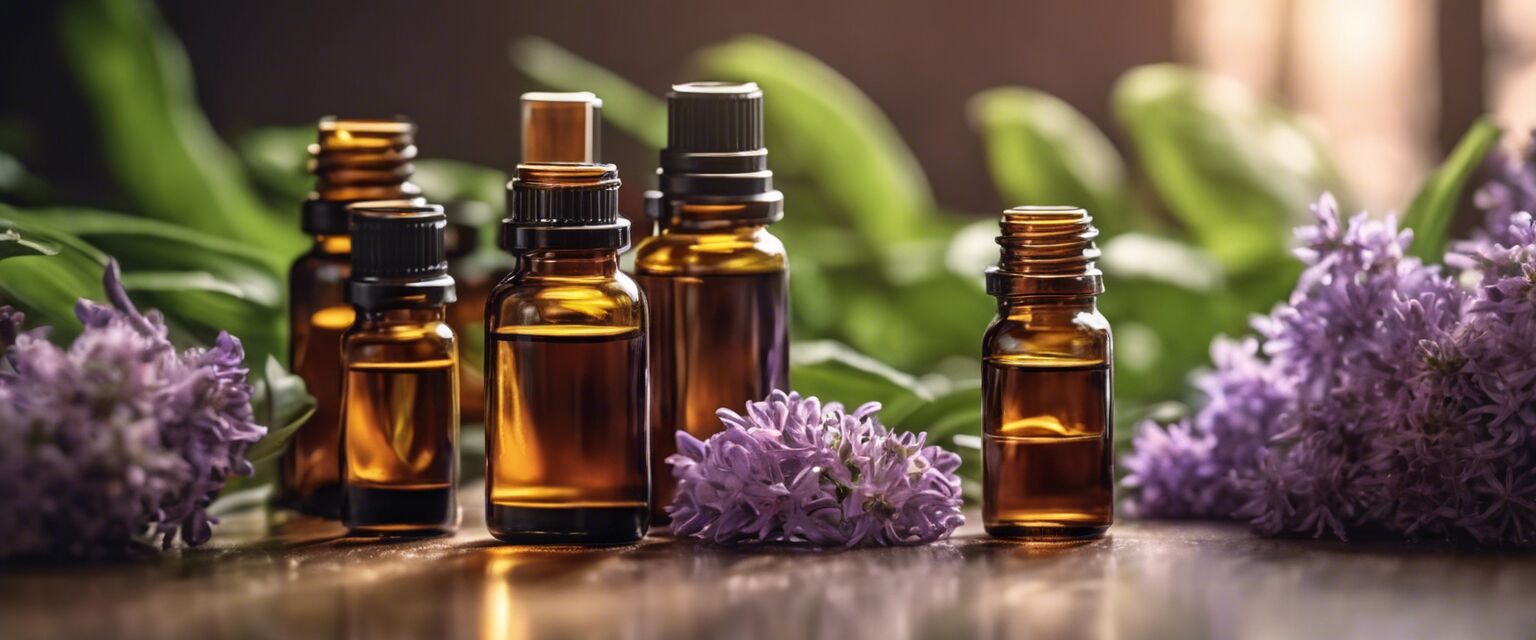
Essential Oils for Stress Relief
In today's fast-paced world, stress and anxiety have become common challenges for many individuals. Fortunately, essential oils offer a natural way to promote relaxation and ease tension. In this article, we will explore various methods of using essential oils for stress relief, helping you find the right approach to achieve a calmer mind and body.
Key Takeaways
- Essential oils can be used in various ways, including aromatherapy, topical application, and baths.
- Popular essential oils for stress relief include lavender, chamomile, and bergamot.
- Using a diffuser is one of the easiest methods to enjoy the benefits of essential oils.
- Always perform a patch test before applying essential oils to the skin.
Understanding Essential Oils
Essential oils are concentrated extracts from plants that capture their natural aromas and therapeutic properties. These oils can be used in different ways, making them versatile tools for promoting relaxation and reducing stress.
How Essential Oils Work
When inhaled or absorbed through the skin, essential oils interact with the body's olfactory system and emotional centers in the brain, which can lead to feelings of calmness and relaxation. Here are some common methods of using essential oils:
| Method | Description |
|---|---|
| Aromatherapy | Using a diffuser or inhaling directly from the bottle to enjoy the scent of essential oils. |
| Topical Application | Applying diluted essential oils to the skin for localized benefits. |
| Baths | Adding essential oils to a warm bath for a soothing experience. |
| Massage | Mixing essential oils with carrier oils for use in massages. |
Popular Essential Oils for Stress Relief
There are numerous essential oils known for their calming properties. Here are some of the most popular choices:
- Lavender: Renowned for its calming scent, lavender is often used to promote relaxation.
- Chamomile: This sweet-smelling oil is known for its soothing effects.
- Bergamot: A citrus oil that can help alleviate anxiety and boost mood.
- Frankincense: Often used in meditation practices for its grounding properties.
- Ylang-Ylang: Known for its sweet fragrance, it can help reduce feelings of anger and frustration.
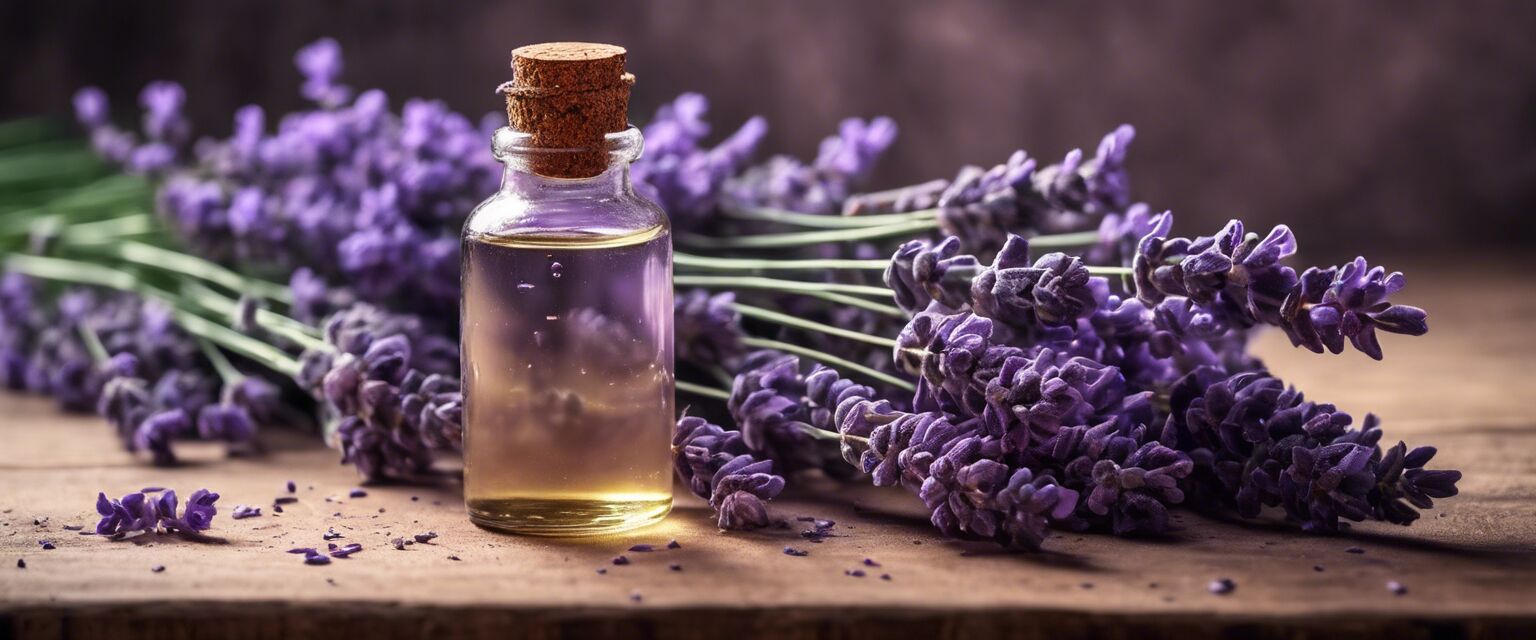
Methods of Using Essential Oils for Stress Relief
Aromatherapy Diffusers
One of the simplest ways to enjoy essential oils is through a diffuser. Here's how to effectively use a diffuser:
- Fill the diffuser with water according to the manufacturer's instructions.
- Add 3-10 drops of your chosen essential oil.
- Turn on the diffuser and enjoy the calming aroma as it fills your space.
Topical Application
For those who wish to apply essential oils directly to the skin, it's crucial to dilute them with a carrier oil, such as coconut or jojoba oil. Hereâs a simple guideline for dilution:
| Essential Oil (drops) | Carrier Oil (tablespoons) |
|---|---|
| 1-2 drops | 1 tablespoon |
| 3-5 drops | 2 tablespoons |
| 6-10 drops | 3 tablespoons |
Baths with Essential Oils
Adding essential oils to your bath can enhance your relaxation experience. Follow these steps:
- Fill your bathtub with warm water.
- Add 5-10 drops of essential oil directly into the water.
- Swirl the water to disperse the oil and enjoy your soothing soak.
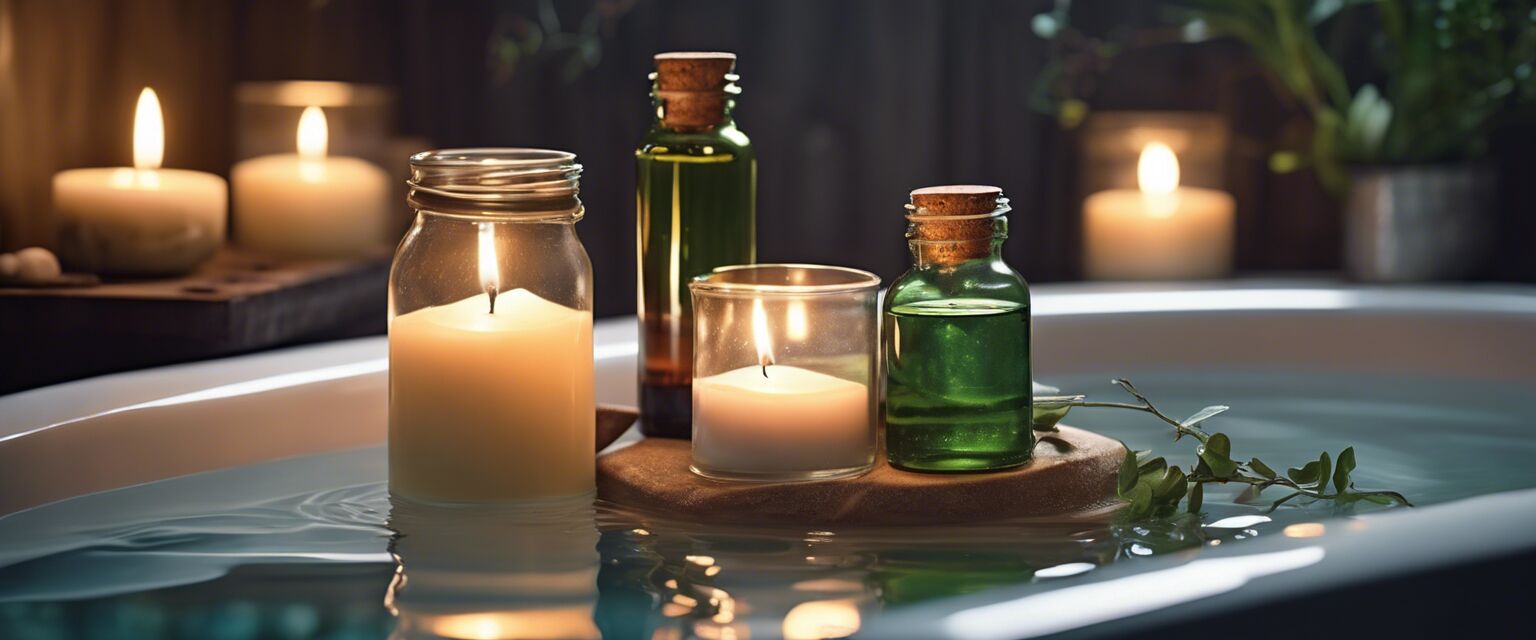
Creating Your Own Stress Relief Blend
Mixing your own essential oil blend can be a fun and personalized way to cater to your stress relief needs. Hereâs a simple recipe to get you started:
Calming Blend Recipe
- 3 drops of lavender essential oil
- 2 drops of chamomile essential oil
- 2 drops of bergamot essential oil
Combine these oils in a small glass bottle and use them in your diffuser or for topical application.
Safety Tips for Using Essential Oils
While essential oils are generally safe when used correctly, it's important to follow these safety tips:
- Always perform a patch test before applying essential oils to your skin to check for sensitivity.
- Consult with a healthcare professional if you are pregnant, nursing, or have existing health conditions.
- Keep essential oils out of reach of children and pets.
- Store essential oils in a cool, dark place to maintain their potency.
Pros
- Natural and holistic approach to stress relief.
- Versatile methods of use.
- Wide variety of essential oils available for different preferences.
- Can enhance overall well-being and relaxation.
Cons
- Not a substitute for medical treatment.
- Possible allergic reactions in some individuals.
- Quality of essential oils can vary significantly.
Conclusion
Essential oils offer a delightful and natural way to help manage stress and promote relaxation. By incorporating essential oils into your daily routine, you can create a personalized approach to easing tension and enhancing your overall well-being. Consider exploring the various methods discussed in this article and find the right oils that resonate with you.
For more information on other essential oil applications, check out our sections on Aromatherapy Blends, Hair Care Solutions, and Relaxation and Sleep.
